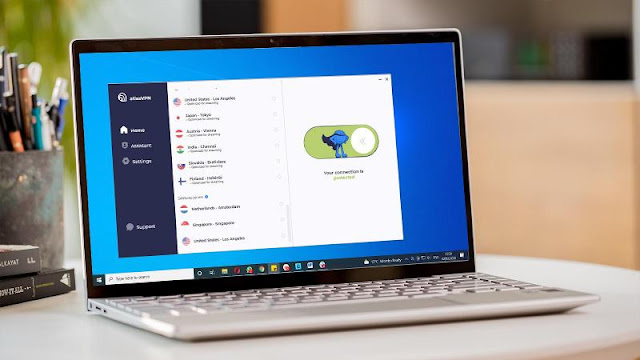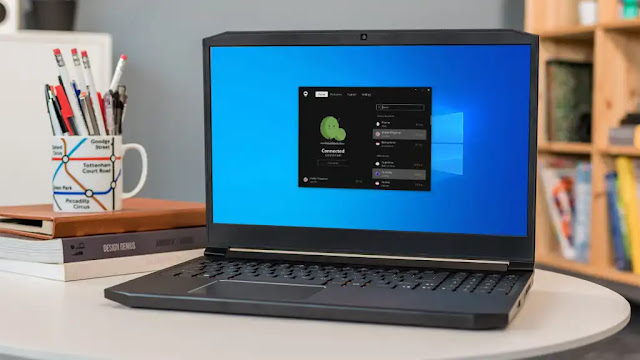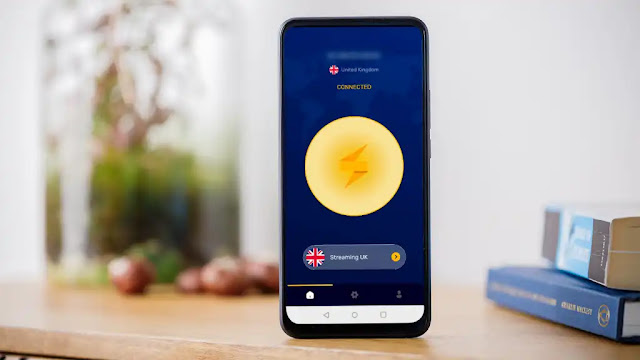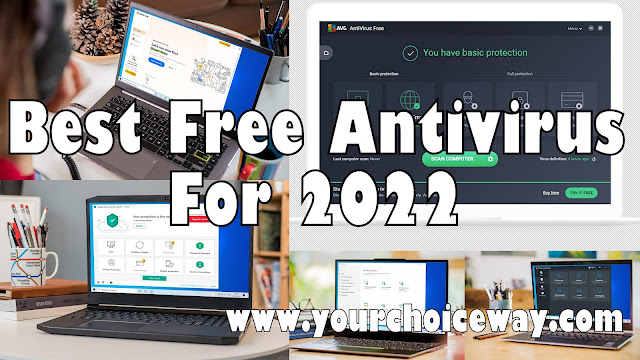Atlas VPN offers a good free tier, but you'll get more if you pay a small monthly subscription. Is it worth it? We take a look at the Premium tier.
Should I Buy Atlas VPN?
Pros
- Affordable
- Unlimited connections
Cons
- Basic apps
- Only one protocol
- Only 20 locations
Our Verdict
Price When Reviewed
- From free ($1.39 per month for Premium subscription)
Atlas VPN is relatively new service based in the USA. It’s unlike most of its competitors because it offers a surprisingly capable free tier.
Of course, you get a lot more if you pay including faster speeds (up to 5x quicker is the claim) and free use of all the available servers, not just three.
The other highlight is the amount you pay. We usually only talk about pricing and plans at the end of a review, but the three-year subscription plan costs only $1.39 per month which, if you’re in the UK is roughly £1.
As with all such subscriptions, you pay the whole lot up front, but a $50 / £36 outlay for three years of VPN use is a very good deal.
Or is it? VPNs aren’t all the same, and in this review we’ll drill down into the various aspects of Atlas VPN to see exactly how it stacks up against the big names.
Features & Apps
Most people want a VPN to stream video, such as watching shows on Netflix which aren’t available in your region. Atlas VPN Premium can do that, and will unblock many services including Disney+ and BBC iPlayer (we checked and they work). Plus, the company is fine with you using the service for P2P downloads, like torrent files.
You can’t access all Netflix regions though, as Atlas VPN’s server network covers around 17 countries with 500-ish servers. There isn’t one in Japan, so you won’t be watching Anime. The selection covers North America, Europe and Australia with India and Singapore the only options in Asia. The company says it’s adding new servers every month.
There are apps for Windows (below), macOS (above), Android and iOS, but no browser extensions: one for Chrome and browsers that use its engine is in the works. There isn’t a specific app for Amazon’s Fire TV devices, nor smart TVs.
You won’t find many options in the apps – they’re basic, but this also makes them pretty easy to use. Oddly, the server list in the Windows app isn't in alphabetical order, but it is in the other versions.
Talking of the phone apps, it’s worth noting that they are currently called Atlas VPN – Unlimited Proxy. However, they are proper VPN apps, not proxies. We queried this and were told the proxy part was part of a test.
It would be nice to see a removal of the ‘Get free Premium’ messaging in the apps for Premium subscribers. Two of the four tabs at the bottom are mostly dedicated to inviting friends. That’s fine, but it really only applies to the free version.
You will find ‘Data hack detection’ which lets you check if a certain email address has been leaked in data breaches. It a nice extra, but nothing you can’t get online for free. There’s no monitoring service: it’s purely on-demand and it won’t let you search for any other credentials.
Similarly, there’s SafeBrowse Plus which warns you of dangerous websites. Also note that the ‘send usage data’ toggle is on by default: you can switch it off, though.
What’s missing is any kind of option to configure the apps so only some things run via the VPN (Netflix, your bittorrent client etc). We'd also like the option to favourite servers, instead of having just a 'previous servers' section, and it would be even better to see how busy each one is, and, for gamers, its ping.
As it’s designed as a ‘freemium’ service, logging into the apps is only required if you’re a paying customer. Unfortunately, this is where we hit our first snag: instead of a password, any sign-in attempt sends a six-digit code via email. And this can, in our experience, take up to five minutes to arrive. A password would be preferable.
The good news is that there’s no limit on the number of devices you can use with Atlas VPN at the same time, unlike most VPNs which either force you to use just one device at a time, or 5-10.
We’ve reviewed the free version of Atlas VPN separately and noticed DNS leaks when using the Windows app. That’s now fixed and the kill switch is now on by default, protecting your data should the VPN disconnect for any reason (it stops all internet traffic until the connection is restored).
If you know anything about VPNs, you’ll know that they’re often registered in countries with favourable privacy laws, even if their actual offices are elsewhere. AltasVPN is based in the US where authorities can ask services to hand over whatever data they have.
This is why VPNs operate ‘no-logs’ policies so there’s no data to hand over. Atlas VPN says is doesn’t log any user data, but look at its privacy policy and – to be fair – its mobile apps and you’ll see it does log some data.
Most is standard fare: to optimise and develop the service the company likes to know which servers people are using, roughly where they’re located in the world and what device they’re using to access it. None of this is supposed to be personally identifiable: it’s anonymous.
But a few things are worrying, such as the date and time of connection and disconnection from the service. That seems to contradict the title of the page – Your Privacy is Our Priority – and most rivals don’t log this data.
However, if you’re just using a VPN to unblock videos, websites and for security on, say, hotel Wi-Fi, none of this matters. Anything that could get you in trouble with the law is another matter.
Performance
Writing this review during one of several lockdown periods meant speed testing Atlas VPN’s service wasn’t possible. However, running a few tests on a domestic ~40Mbps broadband line in the UK showed that connection times were usually swift and reliable.
A quick test of the New York server showed almost no slowdown, with a 35Mbps download speed. Even connecting to Singapore we saw over 30Mbps.
Obviously if you have a 200Mbps connection you’ll want quicker speeds than that, and with only the IKEv2 protocol on offer, you’re not going to see that figure. Most VPNs which use this protocol average 60-150Mbps.
Usefully Atlas VPN has supported IPv6 from the get go, meaning you’re protected from your real IP address being exposed even if you have an ISP which has already switched over from IPv4 (such as BT in the UK).
We found no DNS leaks in our tests either.
Support
This is undoubtedly the area that needs most improvement. If you need help, you’ll have to search the FAQ on Atlas VPN’s website. Or, you can send an email to support@atlasvpn.com – this is integrated into the apps.
There is no live chat, which is what we’ve come to expect from VPN services.
Even though email replies are relatively swift, you won’t want to wait around when you need to solve a problem quickly.
Pricing & plans
As we said, sign up to Atlas VPN for three years and you’ll pay the equivalent of just $1.39 per month, or £1 in the UK.
You can’t really pay anonymously though, as the only options are PayPal, Google Pay and credit/debit cards.
If you're after an inexpensive VPN which has more features, read our review of Ivacy. It limits you to five devices, but has more servers in more locations, supports OpenVPN and offers an app for Fire TV, and extensions for Chrome and Firefox.
You can also see other recommendations in our roundup of the best VPN services.
Verdict
Atlas VPN has a way to go before it can compete with the best services, but its current offering is pretty good value for the price.
The logging won’t put everyone off, and neither will the basic apps. However, the limited number of locations might, if you happen to need to a server where Atlas VPN doesn’t currently have one.





















0 comments:
Post a Comment